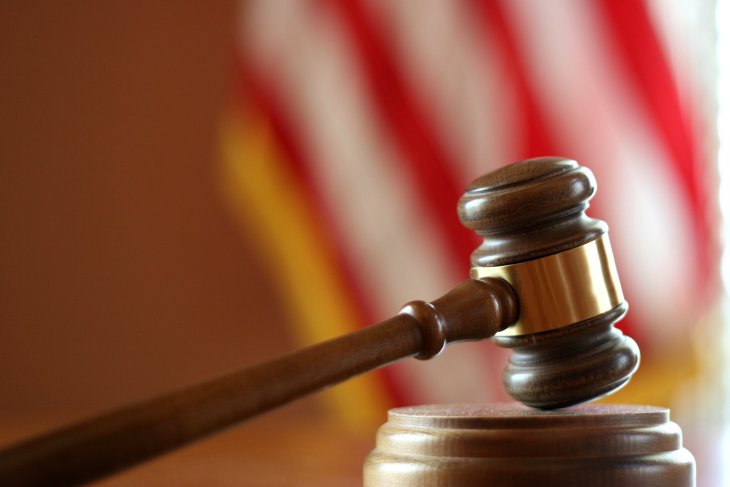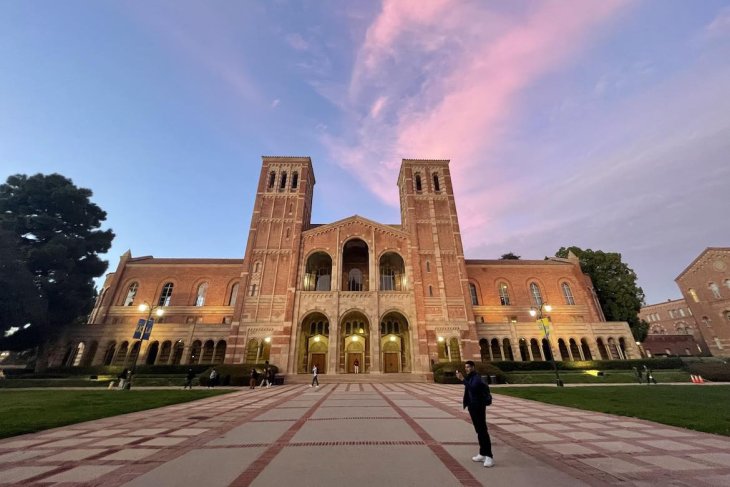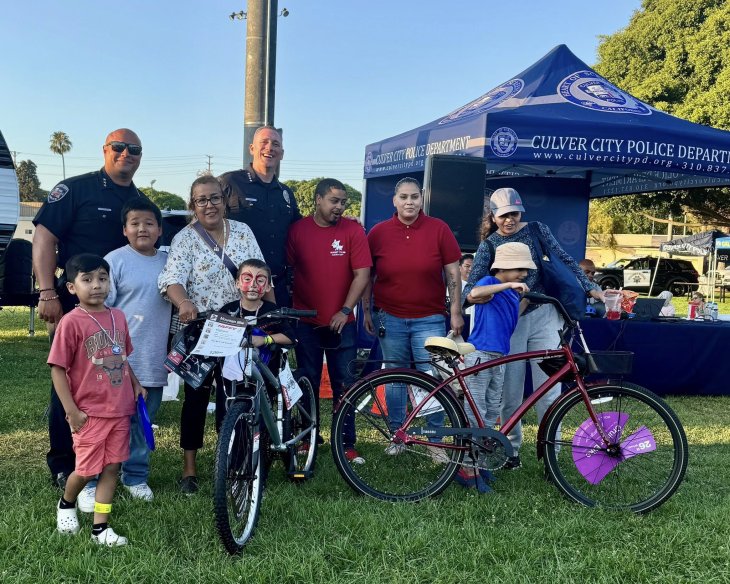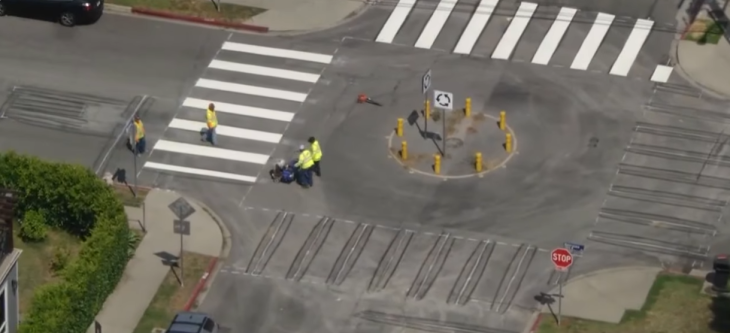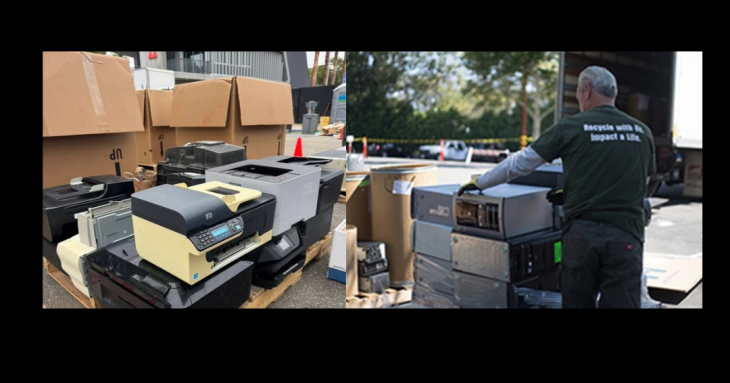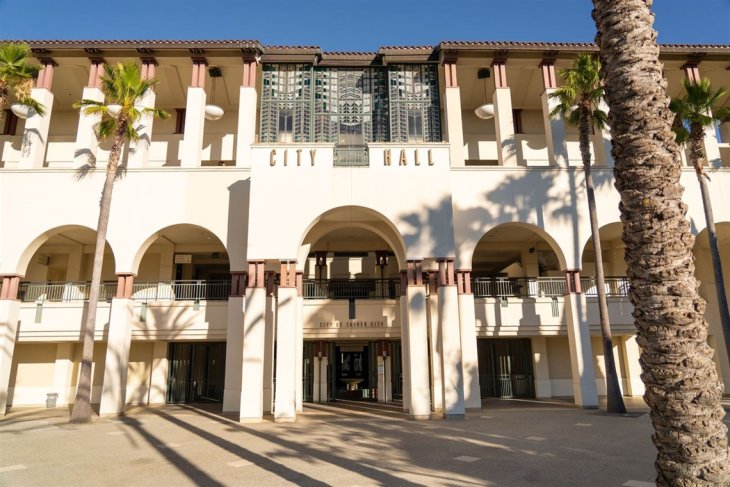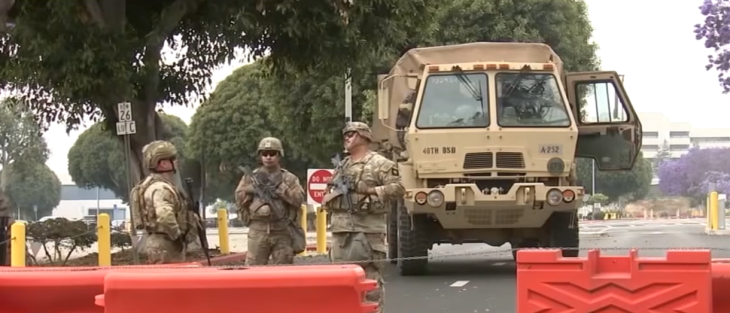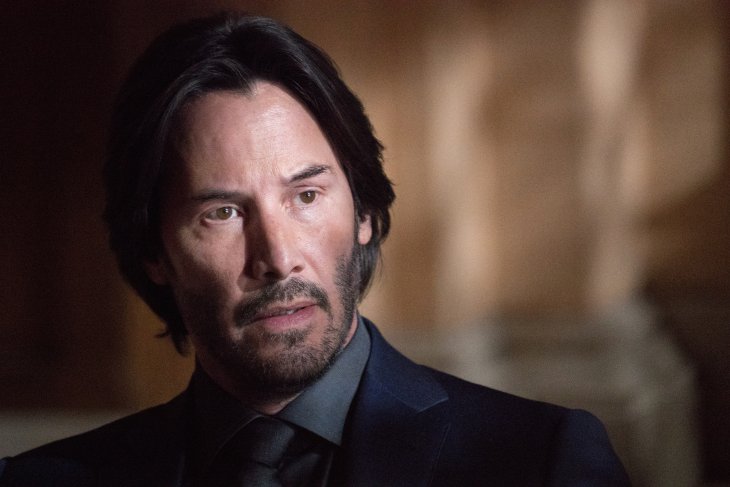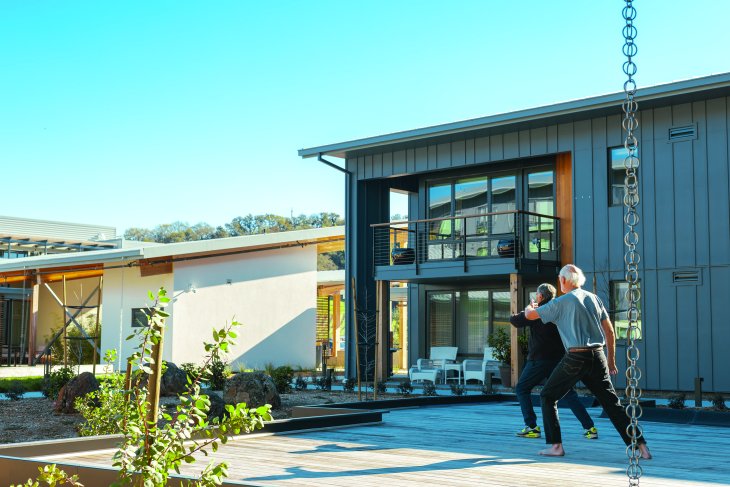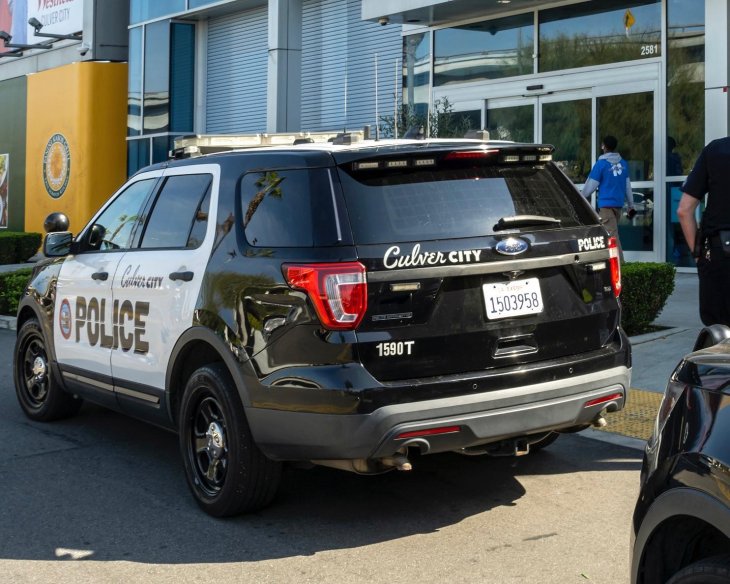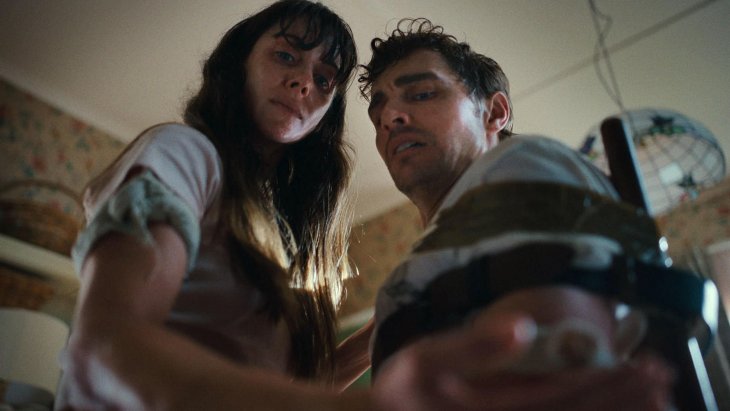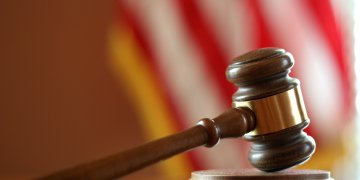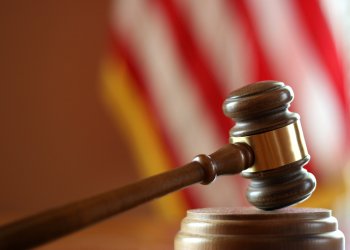A doctor called to the stand in New York real estate scion Robert Durst’s Los Angeles murder case testified Tuesday that he spoke to a woman who identified herself as Durst’s wife around the time she vanished in 1982, but he couldn’t positively identify the woman on the phone.
Dr. Albert Kuperman, 85, was called to testify early at the prosecution’s request in advance of a hearing in which a judge will determine if there is enough evidence to require Durst to stand trial for the December 2000 killing of his friend, Susan Berman, at her Benedict Canyon home.
Prosecutors contend Durst killed Berman because authorities from New York’s Westchester County were about to interview her as part of a reopened investigation into the disappearance of his first wife, Kathleen “Kathie” Durst. Prosecutors suggest in court papers that it could have been Berman who made the call to Kuperman and pretended to be Kathleen Durst — at Robert Durst’s request.
Durst has denied any involvement in Berman’s killing.
Kathleen Durst was in her final year at Albert Einstein College of Medicine in New York when she disappeared, Kuperman told Los Angeles Superior Court Judge Mark E. Windham.
Kuperman — who was the associate dean of educational affairs for the medical school — testified that he got a call from a woman identifying herself as Kathleen Durst on Feb. 1, 1982, and saying she was suffering from “gastrointestinal distress.”
Kathleen Durst had been scheduled that day to begin a medical “clerkship,” Kuperman said.
“Are you able to say based on the voice that it was Kathie Durst or wasn’t?” Deputy District Attorney Habib Balian asked.
“No,” Kuperman responded.
The prosecutor asked if there was anything else indicating that the woman with whom he spoke that day was Kathleen Durst.
“No,” Kuperman again responded.
The doctor said he had personally interacted with Kathleen Durst for about 10 or 15 minutes during her time at the medical school and had never spoken to her on the telephone before.
Under cross-examination by Durst’s lead attorney, Kuperman said he had long believed that he had actually spoken to Kathleen Durst.
“I had no reason not to believe it,” he said. “She said she was Kathleen Durst. … Everything pointed to that.”
But he said he began to re-think his conclusion when he was asked in 2015 if he was 100 percent certain that it was her, and came to the conclusion that he was not sure.
“I think it actually began to jell there,” the retired associate dean told defense attorney Dick DeGuerin.
Kuperman said he was aware that Kathleen Durst had some absences, but said she was still on target to graduate that year from medical school.
“I would say she did very well,” he said of her performance during medical school, noting that records of her previous clerkship in radiology indicated that she had missed some sessions but was a “pleasant student” who “displayed a keen interest in the subject matter.”
Documents indicate that Kathleen Durst withdrew from three medical clerkships within the same year, but later completed two of them and had just one to complete before finishing up with medical school, Kuperman said.
The hearing — which is set to continue Wednesday — is expected to include testimony from two more people, including a witness whose identity has not been publicly disclosed.
Prosecutors had cited concerns that witnesses “might be killed” before they can be called to testify at a preliminary hearing to determine if there is enough evidence to require Durst to stand trial for Berman’s killing.
Attorneys from both sides have tentatively agreed that the preliminary hearing should begin Oct. 17.
“That man kills witnesses … When pushed into a corner, he murders people,” Deputy District Attorney John Lewin said last month of the 73-year- old defendant.
Defense attorneys objected to the early questioning of witnesses, countering that their client does not pose any threat to anyone who might testify in his murder case.
“Mr. Durst is in custody. Mr. Durst is in a wheelchair,” one of his attorneys, David Chesnoff, told the judge, noting that he believes his client’s jailhouse telephone calls are tape-recorded by authorities.
The judge noted last month that the expedited testimony from the two witnesses — which will be videotaped for future use if the witnesses are not available at the time of trial — would give the defense an “additional opportunity to test the veracity of these witnesses.”
The murder charge against Durst includes the special circumstance allegations of murder of a witness and murder while lying in wait, along with gun use allegations. But a prosecutor said in court the District Attorney’s Office does not plan to seek the death penalty.
Durst was arrested March 14, 2015, in a New Orleans hotel room, hours before the airing of the final episode of the HBO documentary series “The Jinx: The Life and Deaths of Robert Durst,” which examined Kathleen Durst’s disappearance and the killings of Berman and one of Durst’s neighbors, Morris Black, in Galveston, Texas. Durst was tried for and acquitted of Black’s 2001 killing.
On the documentary series finale, which aired the day after his arrest, Durst was caught on microphone saying to himself, “Killed them all, of course.” He also was caught on microphone saying, “There it is, you’re caught,” and “What a disaster.”
During a subsequent jailhouse interview with Lewin, Durst said he was “on meth” while the documentary was being filmed and that he didn’t heed his attorneys’ advice not to be interviewed for the series.
Durst was indicted in April 2015 in U.S. District Court in Louisiana on a charge of being a felon in possession of a firearm. He pleaded guilty to that charge and was sentenced to seven years in federal prison before being brought to Los Angeles in connection with the murder case.
He has been long estranged from his real-estate-rich family, known for ownership of a series of New York City skyscrapers — including an investment in the World Trade Center. Durst split with the family when his younger brother was placed in charge of the family business, leading to a drawn-out legal battle.
According to various media reports, Durst ultimately reached a settlement under which the family paid him $60 million to $65 million.


